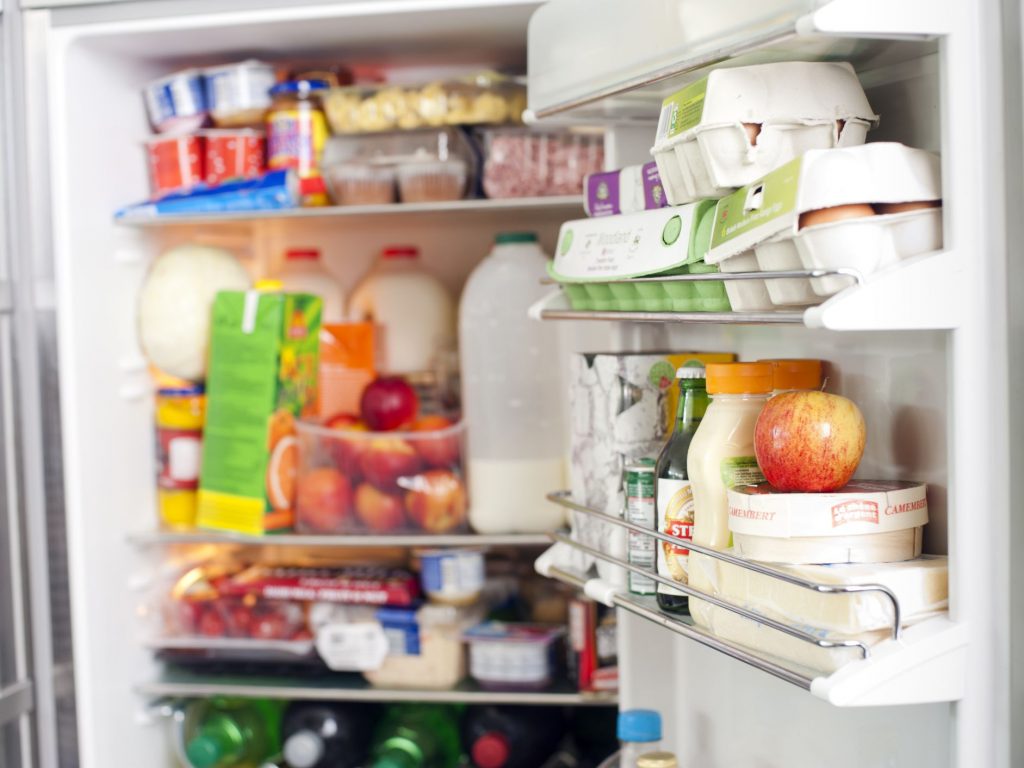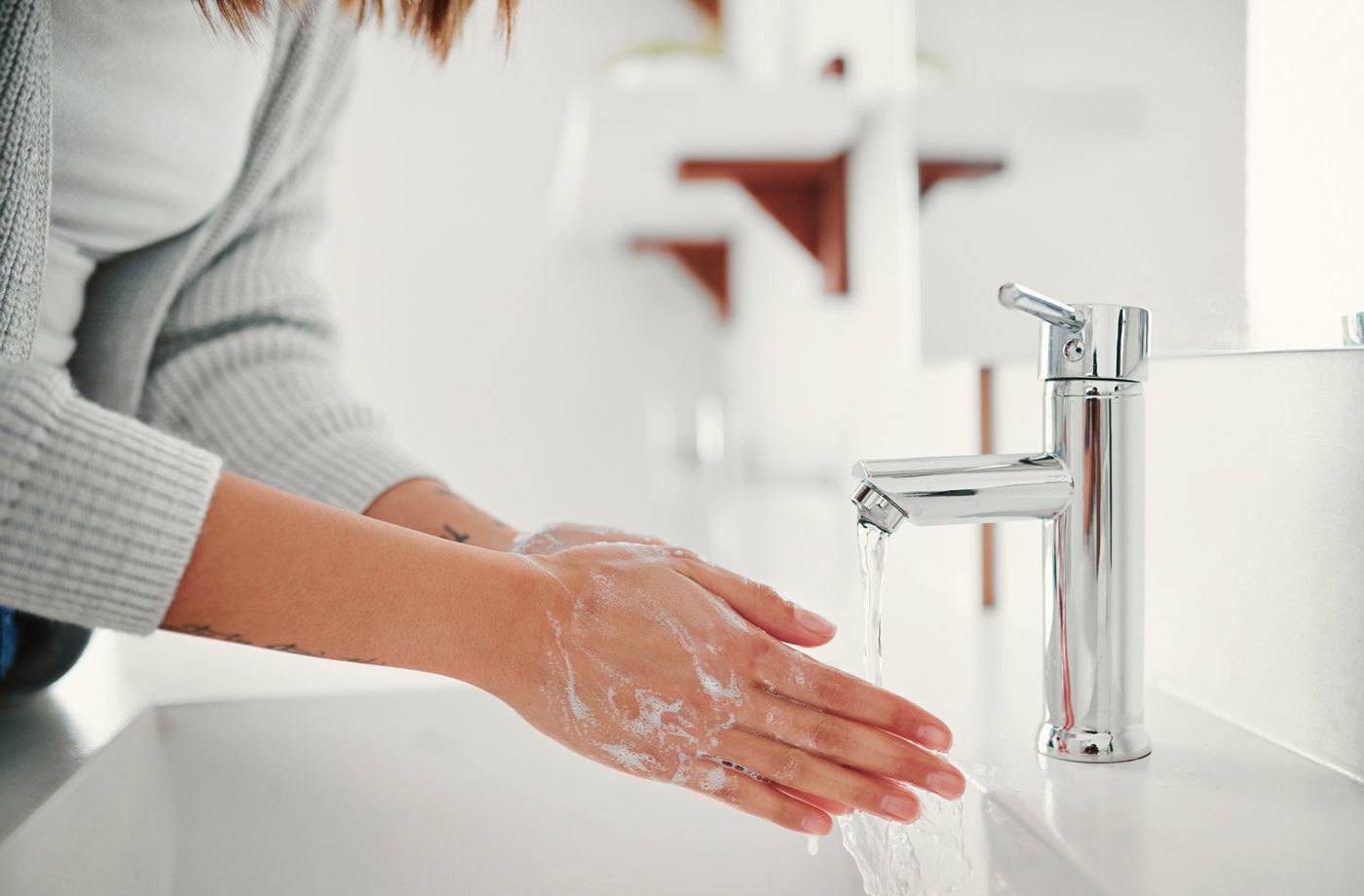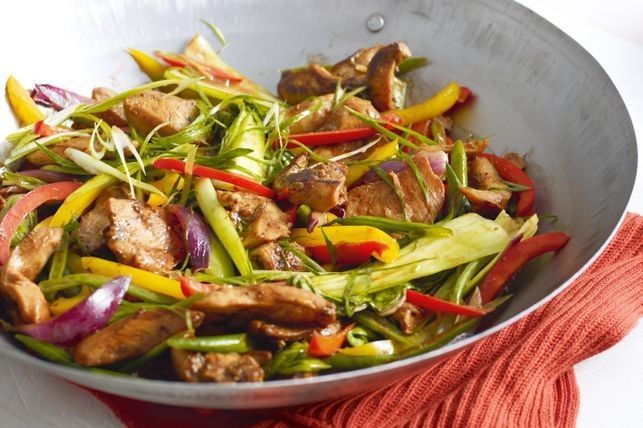9 ways to keep your food safe at home

Research has revealed that a huge percentage of illnesses that people suffer from around the world are related to food contamination. While there are many reasons why food gets contaminated, poor handling has been found to be the main cause. Others include chemical and biological contamination.
Therefore, you always have to be aware of how each of these types of contamination happens and how it can be prevented. Remember, the best remedy for any illness is prevention. The good thing is that you do not need to be a scientist to figure out reliable methods to protect your food against contamination. However, it is always good to seek an expert’s opinion on anything that has a direct effect on your general wellbeing. In this article, we look at the nine ways to keep your food safe at home.
Contents
Wash Your Food Properly
Whether you are dealing with animal products or farm products, cleanliness is very important. Most of these food items come loaded with germs and chemicals that are picked up from the farm, slaughterhouses, packaging areas, etc. Therefore, if the food is not cleaned properly, these contaminants will find their way into your body and cause serious problems. For this reason, make sure your food is thoroughly washed. FDA recommends that all food items should be washed with running water before they are cooked or stored.
Wash Your Hands

To ensure that you do not contaminate food yourself, you have to wash your hands with the right soap and clean water for a minimum of 20 seconds before and after handling food. Our hands pick up germs all the time. If these contaminants find their way into your food, you can’t run away from diseases. So, keep your hands clean whenever you are handling food.
Keep Your Kitchen Clean
Your food may be clean, but if the kitchen and utensils you use aren’t, you can expect to have serious health problems. Always ensure the kitchen is clean and chopping boards, utensils, and countertops are thoroughly washed before and after working each food item.
If you are handling packaged food, ensure the lids and cans are properly cleaned before opening them. Also, remember to clean your fruits and other vegetables with clean water before storing or cooking them.
Separate them
When you are either transporting or storing your food items, it is important to separate them. This is significant because germs can easily spread from one food item to another. Your raw meat, eggs, and seafood should be kept away from other items. You should separate them even in the shopping car, bags and refrigerator.
Avoid reusing marinades used on raw foods unless you boil them first. Also, you should have a special chopping board for cutting raw foods only. But if you do not have the luxury of having two or more boards, make sure the one you are using is thoroughly cleaned and dried after cutting each food item.
Chill Your Food
How you chill your food largely determines how long it remains fresh and safe for consumption. As a rule of thumb, you should always put your food items in the fridge or freezer within two hours after purchasing or cooking them. This period should even shorter if you live in a humid area.
When it comes to thawing food, never do it by simply taking it out of the fridge. The safest way is to thaw your food in the fridge, under cold water or in the microwave. Also, marinate your food inside the fridge. Refrigerators are important units that every homeowner should have because they help to keep the food fresh for a long time. Luckily, there are different types of fridges designed to suit different preferences.
Cook Properly

To ensure your food is germs free, you must cook it thoroughly and at the right temperature. Different food items require different temperatures to cook properly. For instance, beef, pork and lamb require at least 145 °F while ground beef, pork, and lamb require 160 °F. Turkey, chicken and duck meat should have at least 165 °F while fish needs 145 °F. Although most people rely on their naked eye to tell when their food is cooked, it is always advisable to have a kitchen thermometer to help you measure the temperatures.
Proper Storage
Where do you store your food items? If you buy your food in large stocks, it may not fit in the fridge and freezer. This means that you will be forced to store some of the less perishable items in the store. It goes without saying that your food store must be kept clean, cool and dry all the time.
Check Expiry Date
When you are at the grocery store picking up your food items, take your time to check the expiry dates on the items’ labels to ensure you don’t buy products that have or are about to expire. Some unscrupulous stores continue to sell their products past the expiry date to unsuspecting customers. Go for items that were manufactured recently and have a longer shelf life.
Check Ingredients
How can you be certain that the food you are eating is safe if you don’t know what it contains? It is important to check the manufacturer’s label for more information about the product, including the ingredients used to manufacture it.
It is also good to read a few customer reviews before you make a purchase. These will help you understand the product better and therefore make the right choice.
In conclusion, it’s important to emphasize the point that healthy eating starts with proper handling of food right from the farm. In this era of massive food production, food items go through numerous processes before they get to your dinner table. At every stage, these items are likely to pick up germs and chemicals that are harmful to you. That is why proper cleaning of all food items before cooking is important. Food storage is also very significant because most food items are delicate and have a limited shelf life. Proper sanitation of your kitchen is also paramount.
Resources – Choose My Plate, Food Safety, FDA








